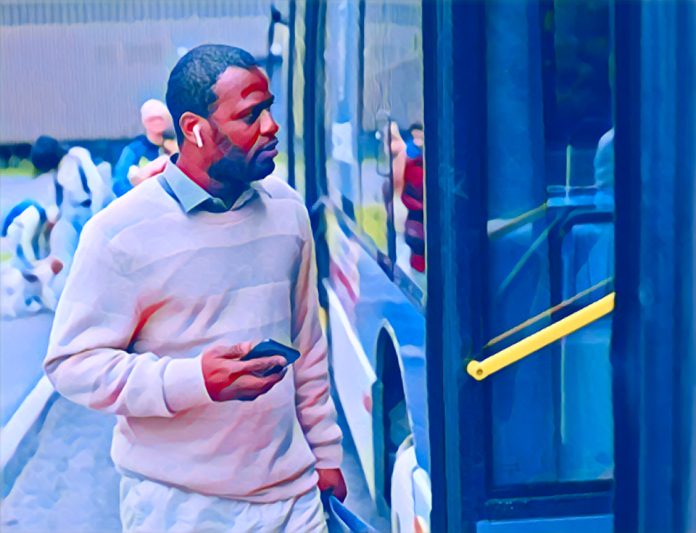KEY POINTS
- Rising living costs impact the middle class.
- Poor infrastructure hinders daily life.
- Cost of living makes quality services unaffordable.
The Nigerian middle class, a societal section that has achieved a degree of economic stability, encounters distinct obstacles in their daily existence. This group, essential to the nation’s economic and social advancement, traverses a complicated environment characterized by economic instability, infrastructure shortcomings, and societal tensions. Comprehending these challenges is crucial for devising policies and activities that might foster their development and improve their overall welfare. Below are six primary challenges they frequently face:
1. Economic volatility and inflation
The persistent increase in living expenses, propelled by elevated inflation rates, substantially diminishes the purchasing power of the middle class. Salaries that previously ensured a comfortable standard of living now barely suffice to meet fundamental necessities, including sustenance, shelter, and transportation. This economic volatility engenders a continual perception of financial uncertainty. Nigeria’s economy is vulnerable to variations in global oil prices, frequently resulting in inflation.
2. Insufficient infrastructure
The absence of dependable infrastructure, encompassing power supply, quality roads, and effective public transportation, presents a considerable daily obstacle. Frequent power interruptions impede professional and domestic activities, necessitating investment in costly generators. Substandard road conditions prolong journey duration and elevate car maintenance expenses. The Nigerian government has been endeavoring to enhance infrastructure; nonetheless, advancement has been sluggish.
3. Expenses for quality education and healthcare
The Nigerian middle class is significantly concerned about access to decent education and healthcare. Although public schools and hospitals are present, they frequently suffer from inadequate funding and insufficient resources to deliver effective services. Consequently, numerous middle-class families choose private colleges, which entail substantial expenditures.
4. Unemployment and employment insecurity
Despite possessing a sufficient education, numerous middle-class individuals confront the peril of unemployment or job instability. The Nigerian job market is very competitive, and economic recessions may result in layoffs and compensation decreases. This volatility hinders middle-class folks from effectively planning for the future or engaging in long-term investments.
5. Security issues
The widespread problem of insecurity, encompassing crime, banditry, and terrorism, is a significant concern for the Nigerian middle class. They frequently reside in urban regions, which may serve as centers for criminal activities. This instability jeopardizes their lives and possessions while adversely impacting their overall quality of life. The Nigerian government has faced security issues for numerous years, yet the situation persists in its complexity.
6. Pressure to fulfill societal expectations
The Nigerian middle class frequently encounters substantial pressure to fulfill societal expectations. There is a significant focus on attaining specific milestones, including homeownership, possessing an upscale vehicle, and ensuring an opulent lifestyle for their families. This pressure may result in excessive expenditure and financial distress. Nigerians are highly sociable individuals, and numerous events and celebrations necessitate significant expenditure.
Conclusion
In summary, the Nigerian middle class, although more affluent than those living in poverty, encounters distinct problems that impact their everyday existence and future opportunities. Economic volatility, insufficient infrastructure, exorbitant expenses for decent education and healthcare, employment uncertainty, safety issues, and societal pressures generate a multifaceted array of challenges.



